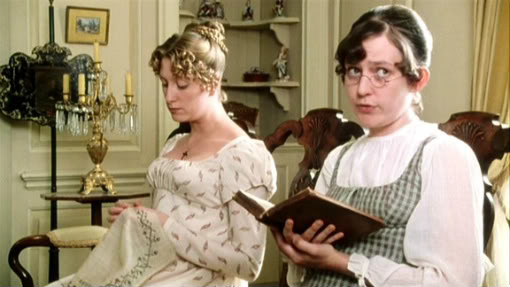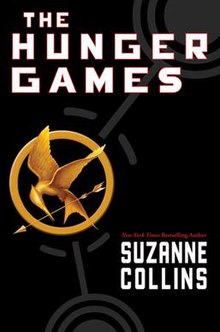One event that also comes along this time of year isn't as joyful as Banned Books Week is about to begin this upcoming Sunday. While celebrating our freedom to read freely is a good thing, it is sad that censorship,like other societal ills, is still flourishing against fiction and non fiction titles.
Since we're having quite the contentious political year, my focus for this year's post is all about banned/challenged novels that just happen to be about the dire consequences of totalitarian regimes. The reasons given for banning these books are not always political yet it's no coincidence that a good number of stories with this particular theme get put on the censor's chopping block:
ANIMAL FARM: George Orwell's other well known story about a repressive government has been banned around the world, with the latest objections to it in the US occurring in 2002.
I've been thinking more about this particular Orwellian book lately due to loaning my sister a copy(she's been expanding her reading base) and the talks we've had about it. Having such a sharply written allegory that explains such a complex historical shift in power is truly a great teaching tool, both in and out of the classroom.
Ironically, some of the calls to ban this book include the accusation that Orwell was a communist(actually he was more of a democratic socialist) and by insinuation, was promoting that form of government. Since the reason for the book being banned in places like Russia is due to it's harsh critique of the Russian Revolution that was meant to help regular folks but only gave them new masters to obey, that logic falls flatter than a pancake:
FAHRENHEIT 451: Ray Bradbury's now iconic tale of a world in which books are burned by order of the government has garnered complaints about the "vulgar words"(in one instance, students were given copies with the "offensive language" blackened out).
Yet, in 2006, a parent's group not only complained about the language and the violence in the story, they were also upset that one of the books being burned was the Bible. Well, with the whole point of the story being that it's wrong to burn any and all books, including the Bible, you'd think that this would be something that these concerned folks would want their children to be taught not to do!
Perhaps their ideal government just wouldn't burn the Bible(they'd prefer to roast Harry Potter instead, I suspect) but what's really sad is that they miss the entire forest for the trees being burned in order to keep society as dumbed down as possible in this all too real fantasy world:
THE HANDMAID'S TALE: The content of Margaret Atwood's novel about a futuristic country where women are divided into color coded classes has been challenged both in America and Canada, the latter being the author's home turf.
Most of the objections made include language, sexuality and religion, with the last one being an integral part of the story, as the nation of Gilead uses a biblical story to justify turning the few fertile women left into "handmaids" who must breed for the ruling class.
Accusations of singling out one particular faith are the most dominant ones out there. However, there are far too many places in the world where many religions are misused by those seeking power to oppose women and other groups, making this book universal in appeal. A new adaptation of THMT is the works right now, which may make that point much clearer, or at least I hope so:
THE HUNGER GAMES: Even with the popularity of the film franchise that sprung from Suzanne Collins' trilogy, this series that chronicles a young woman fighting against a system that forces children to battle to the death has had it's censor happy naysayers.
In 2010, THG was in the top five of books being challenged on the American Library Association's list, with violence and "unsuited to age group" cited as the reasons given.
Oddly enough, one of the other reasons has been "anti-family", which this series is anything but. After all, Katniss Everdeen only put herself in harm's way in the first place to protect her younger sister Primrose and keeping her loved ones safe has always been a key motivation for many of the choices she had to make over the course of the series.
Although the film adaptations are done with(for now,anyway), the saga of Katniss Everdeen does promise to live beyond it's moment in the sun and offer inspiration to others facing brutal oppression or at least an idea of what it was like for generations to come:
Well, with books like these and many others out there, the chances of avoiding such grim official fates should be cut in half. It never hurts to hope for the best to come out in people, especially when it comes to books. Banned Books Week runs from September 25 to October 1 and do take the time to enjoy your literary freedom:




No comments:
Post a Comment